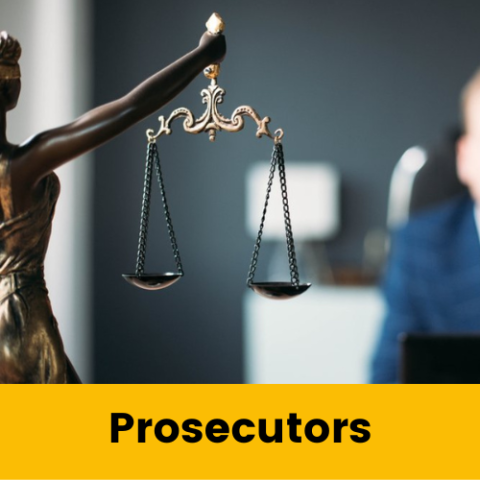Rule Overview
Model Rule 8.3 of the American Bar Association's Model Rules of Professional Conduct emphasizes the ethical duty of lawyers to report professional misconduct by other lawyers. This rule plays a crucial role in upholding the integrity of the legal profession.
Key Provisions
Duty to Report
Lawyers are obligated to report to the appropriate disciplinary authority any knowledge they have of another lawyer's violation of the rules of professional conduct that raises a substantial question as to that lawyer's honesty, trustworthiness, or fitness to practice law. This duty applies even if the information is acquired through a confidential communication.
Exceptions for Confidential Information
The duty to report does not require disclosure of information protected by the attorney-client privilege or the lawyer's duty of confidentiality. Lawyers are not required to reveal client confidences or secrets when making a report.
Self-Reporting
If a lawyer personally knows that they have violated the rules of professional conduct in a manner that raises a substantial question as to their honesty, trustworthiness, or fitness to practice law, they have a duty to self-report to the appropriate disciplinary authority.
Good Faith Reporting
The duty to report is triggered when a lawyer has actual knowledge of another lawyer's misconduct. The report should be made in good faith and not for improper purposes, such as harassment or retaliation.
Protection from Retaliation
Rule 8.3 encourages lawyers to report misconduct without fear of retaliation or adverse consequences. Lawyers who make good faith reports should not be subject to reprisals from colleagues or employers.
No Duty to Investigate
Lawyers are not required to investigate allegations of misconduct before reporting. Their duty is limited to reporting what they personally know about another lawyer's violation of the rules.
Model Rule 8.3 underscores the importance of maintaining the integrity of the legal profession by ensuring that lawyers report professional misconduct when they become aware of it. This duty helps safeguard the public and the legal system from unethical behavior by lawyers and promotes accountability within the legal community while respecting the attorney-client privilege and confidentiality obligations.


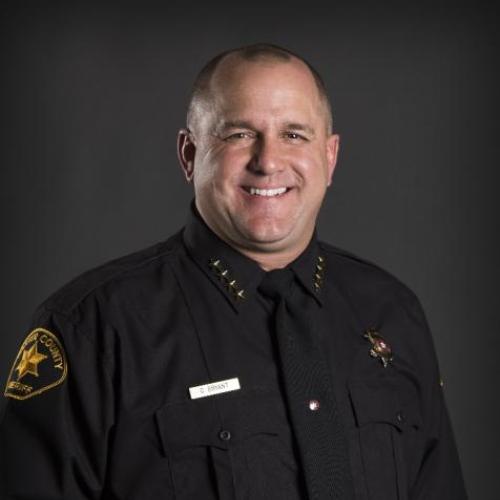
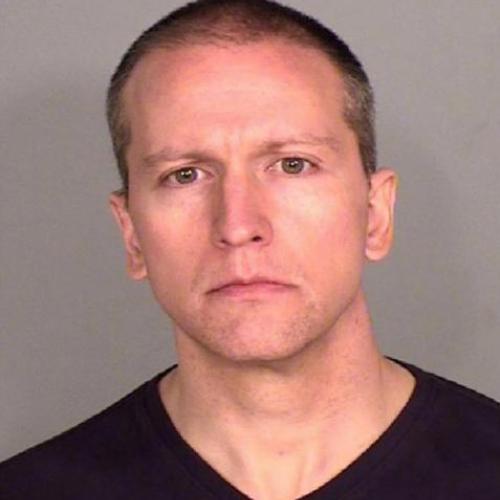
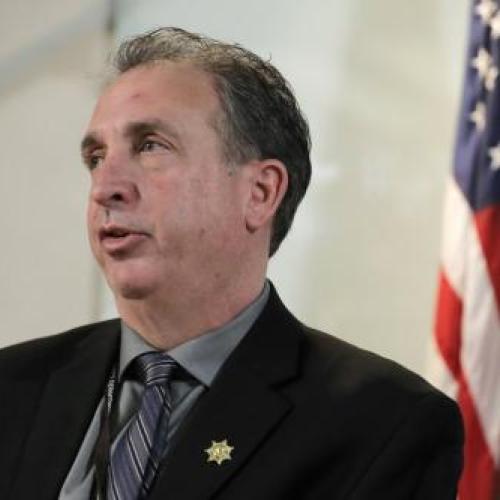
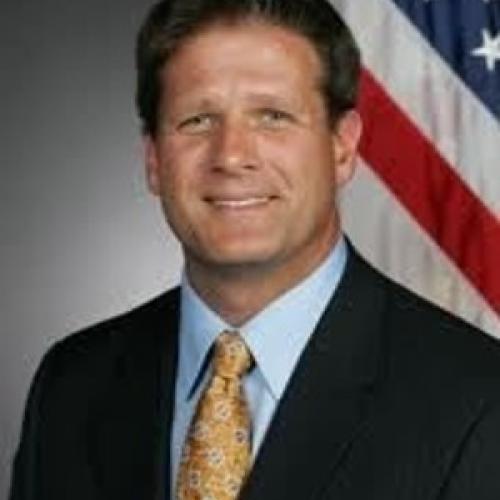
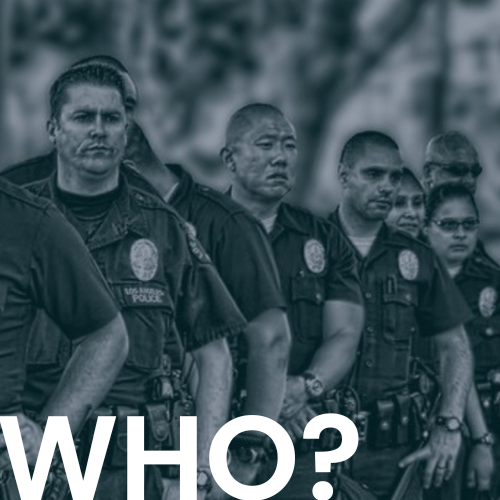
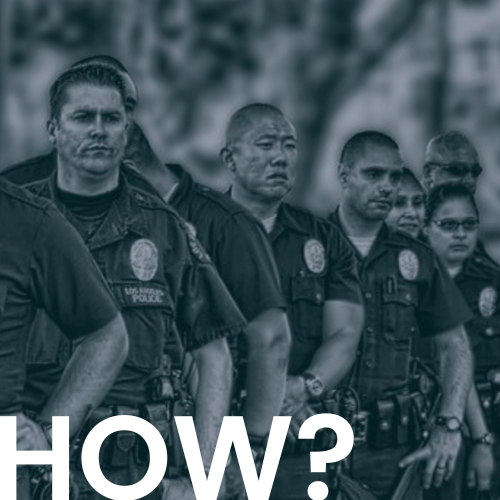
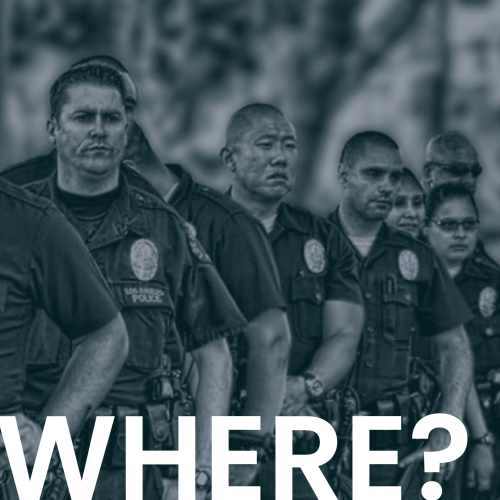
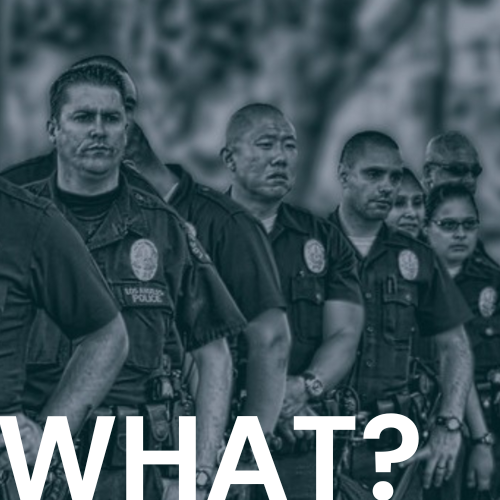
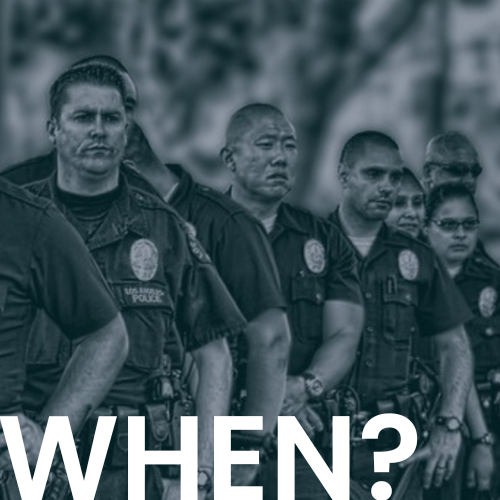
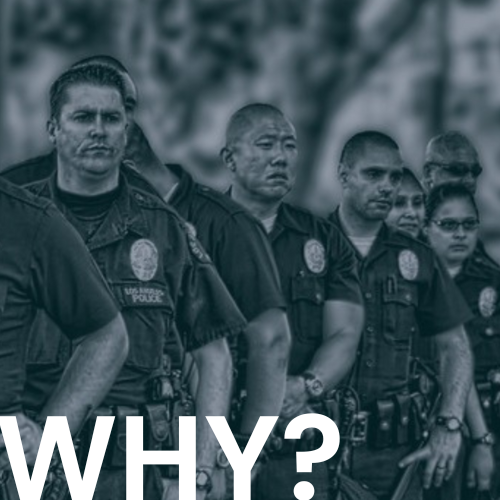
![Peace Officer Standards & Training [POST] Departments Peace Officer Standards & Training [POST] Departments](/sites/default/files/styles/large/public/2023-07/Brady.png?itok=xsIFvU8R)
![Organizations [Law Enforcement et al.] Organizations [Law Enforcement et al.]](/sites/default/files/styles/large/public/2023-07/Brady%20%282%29.png?itok=H7Pj15F8)

